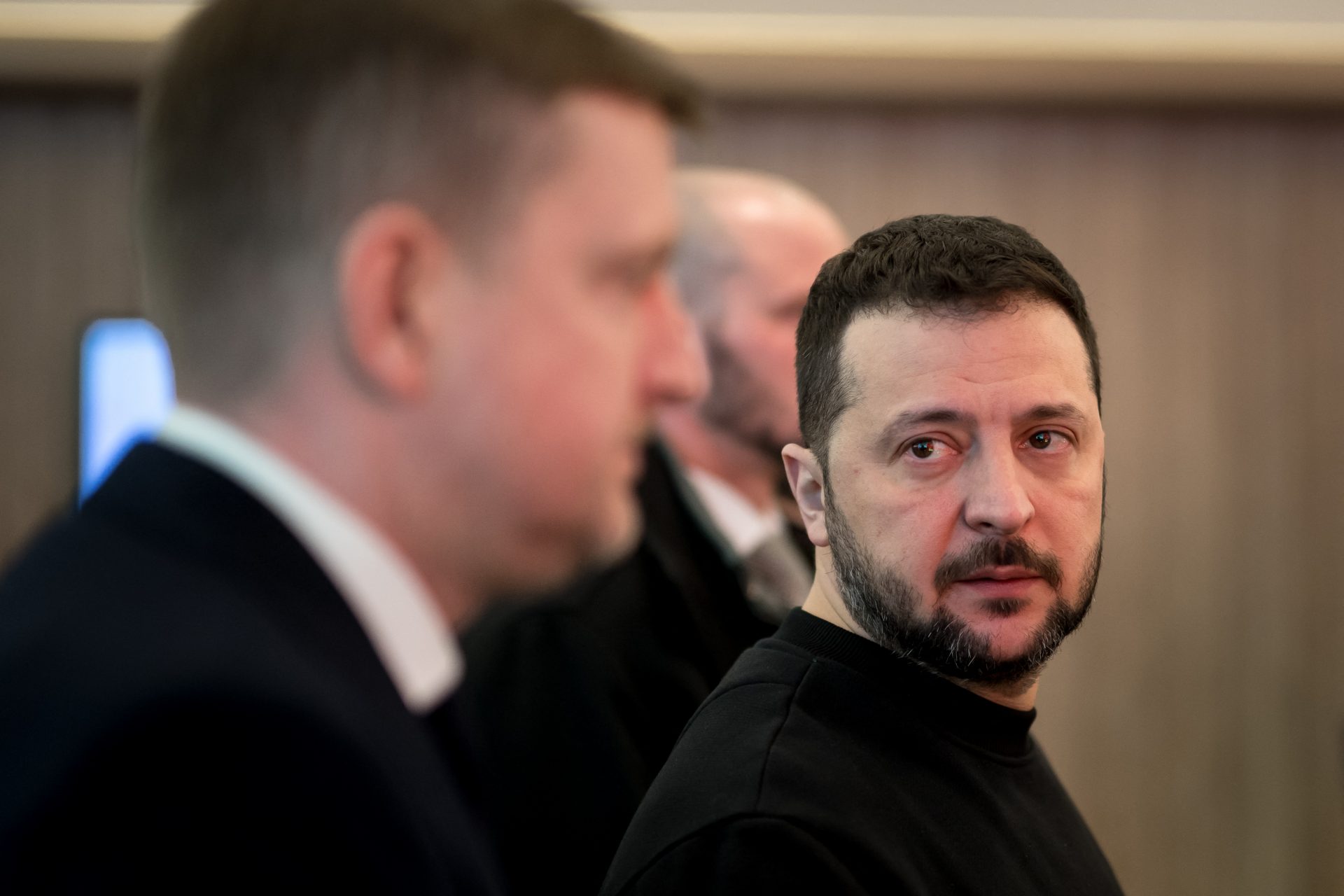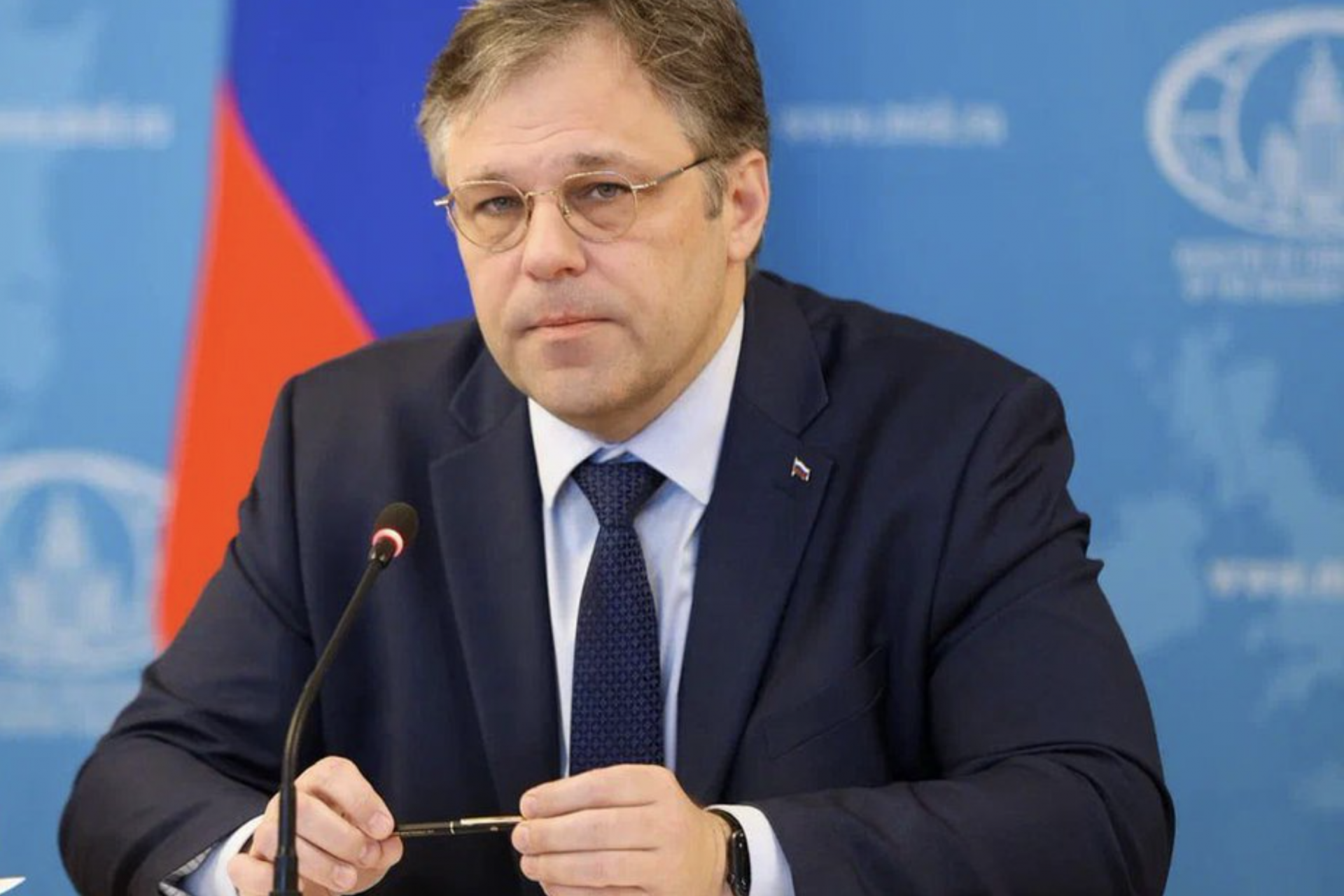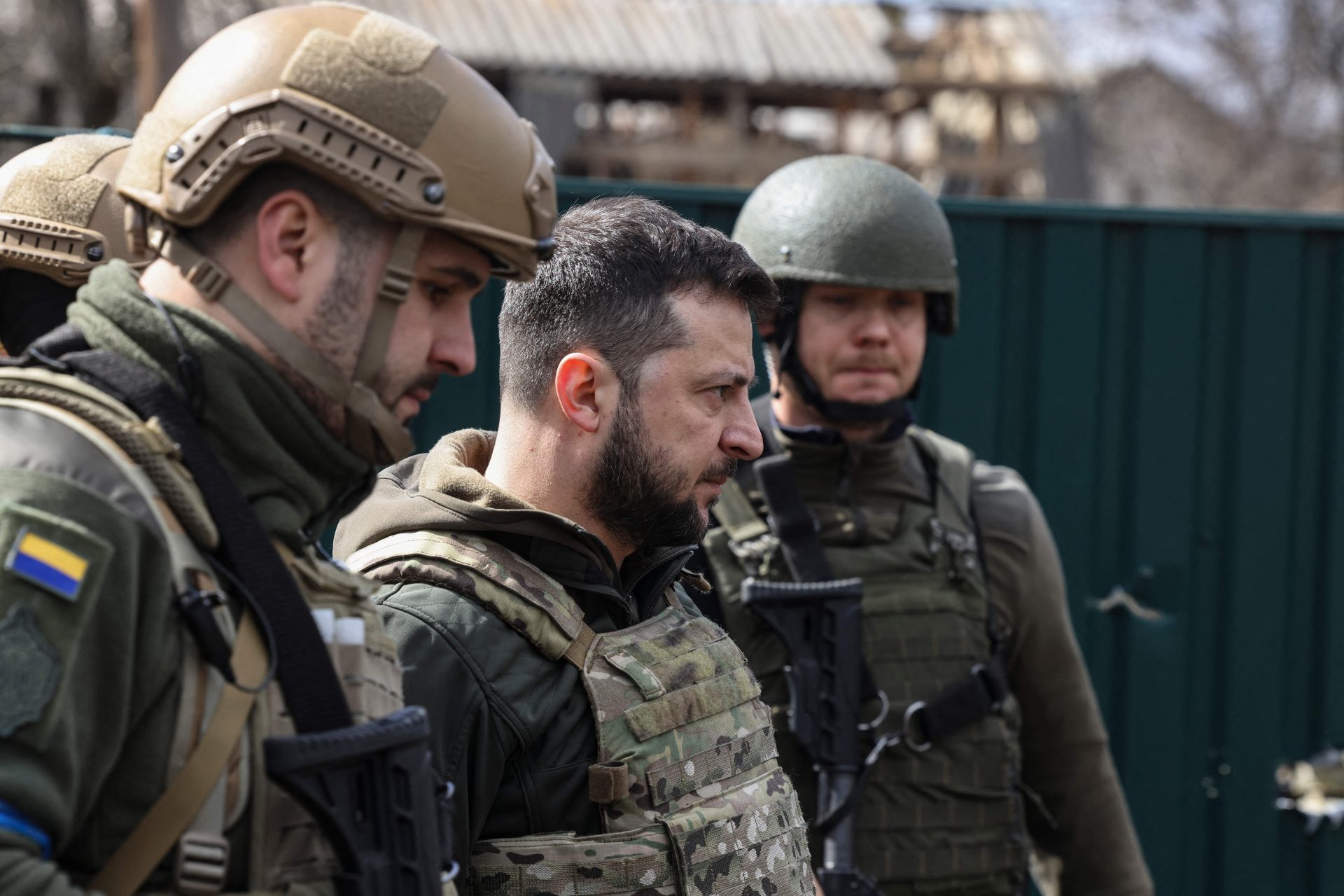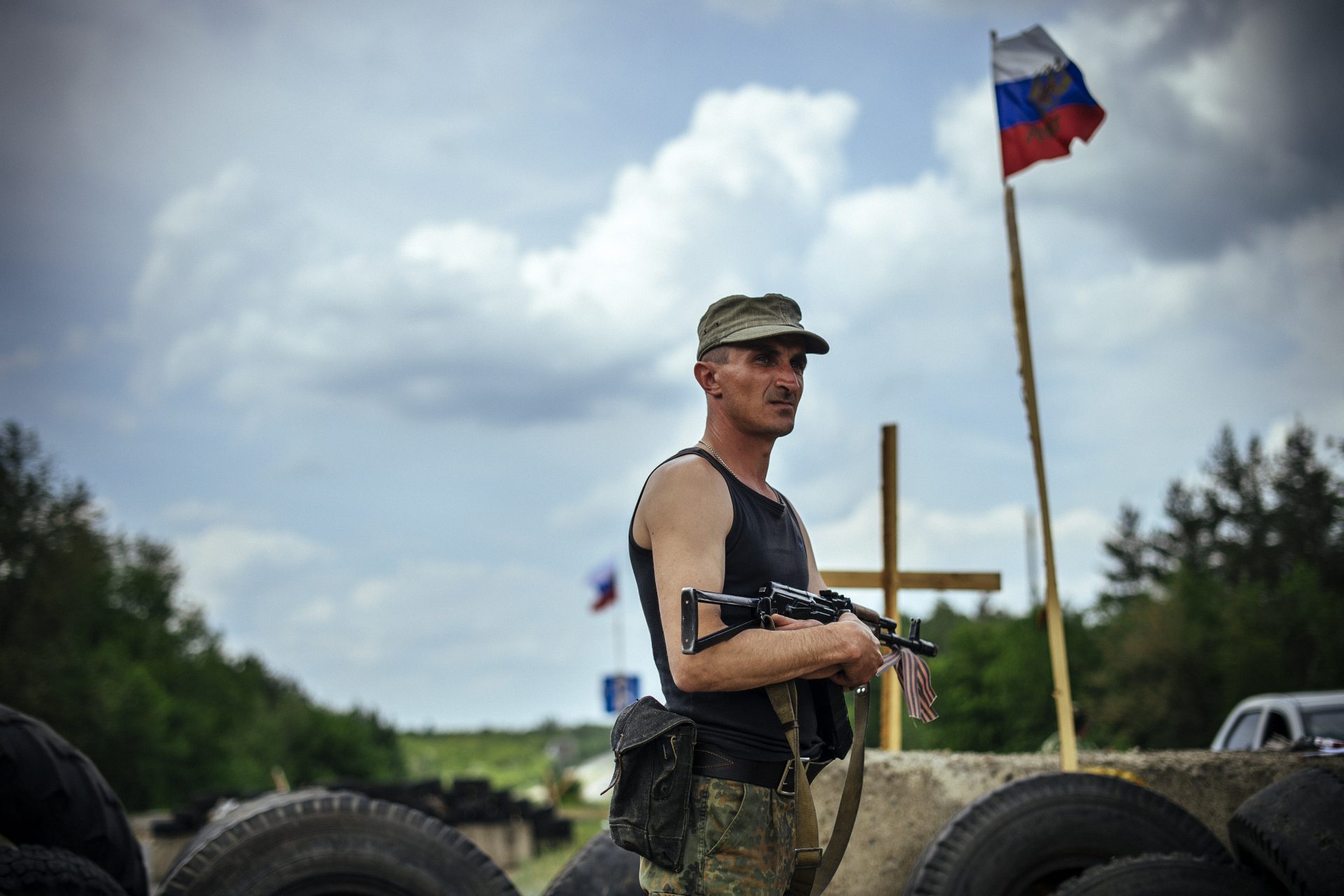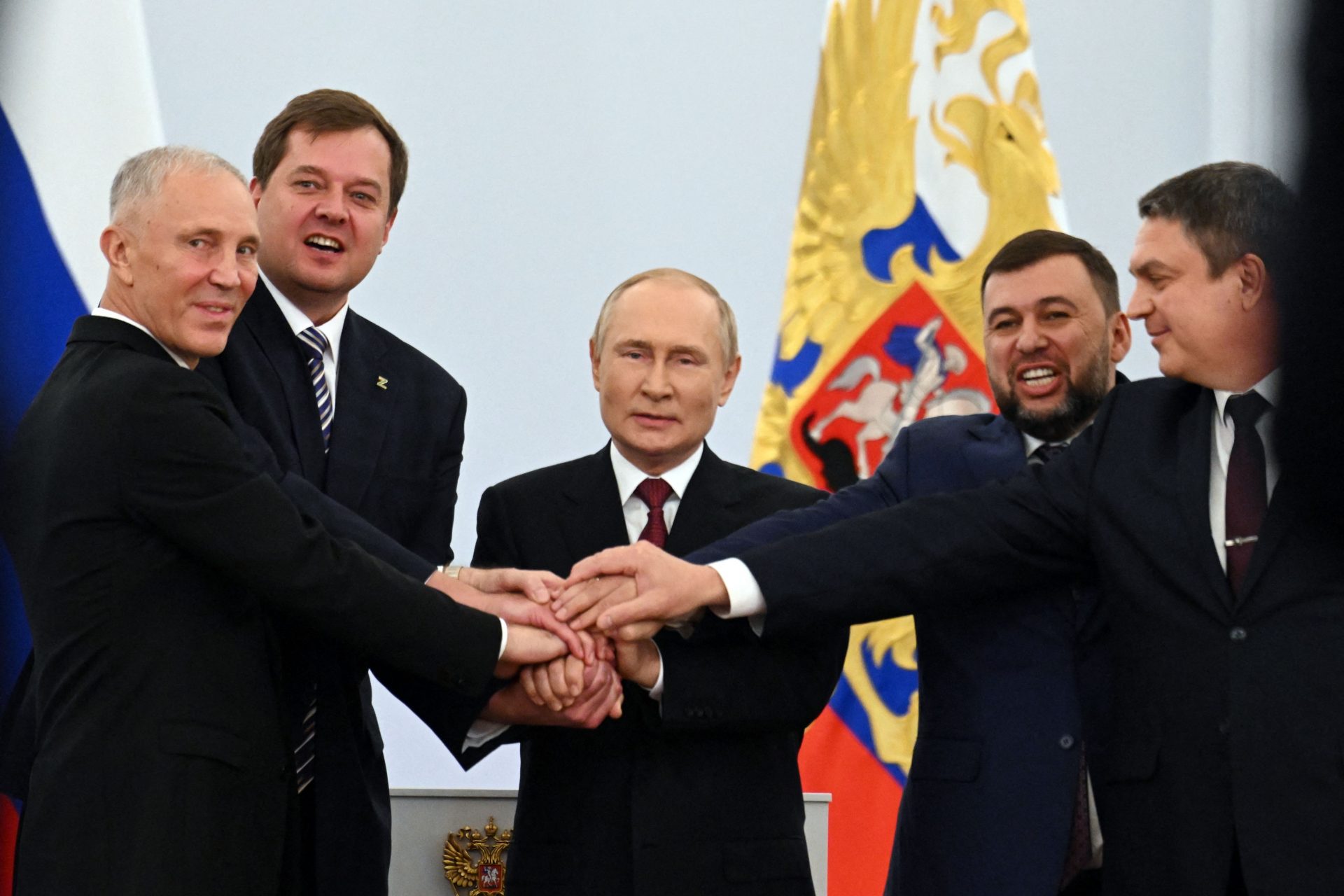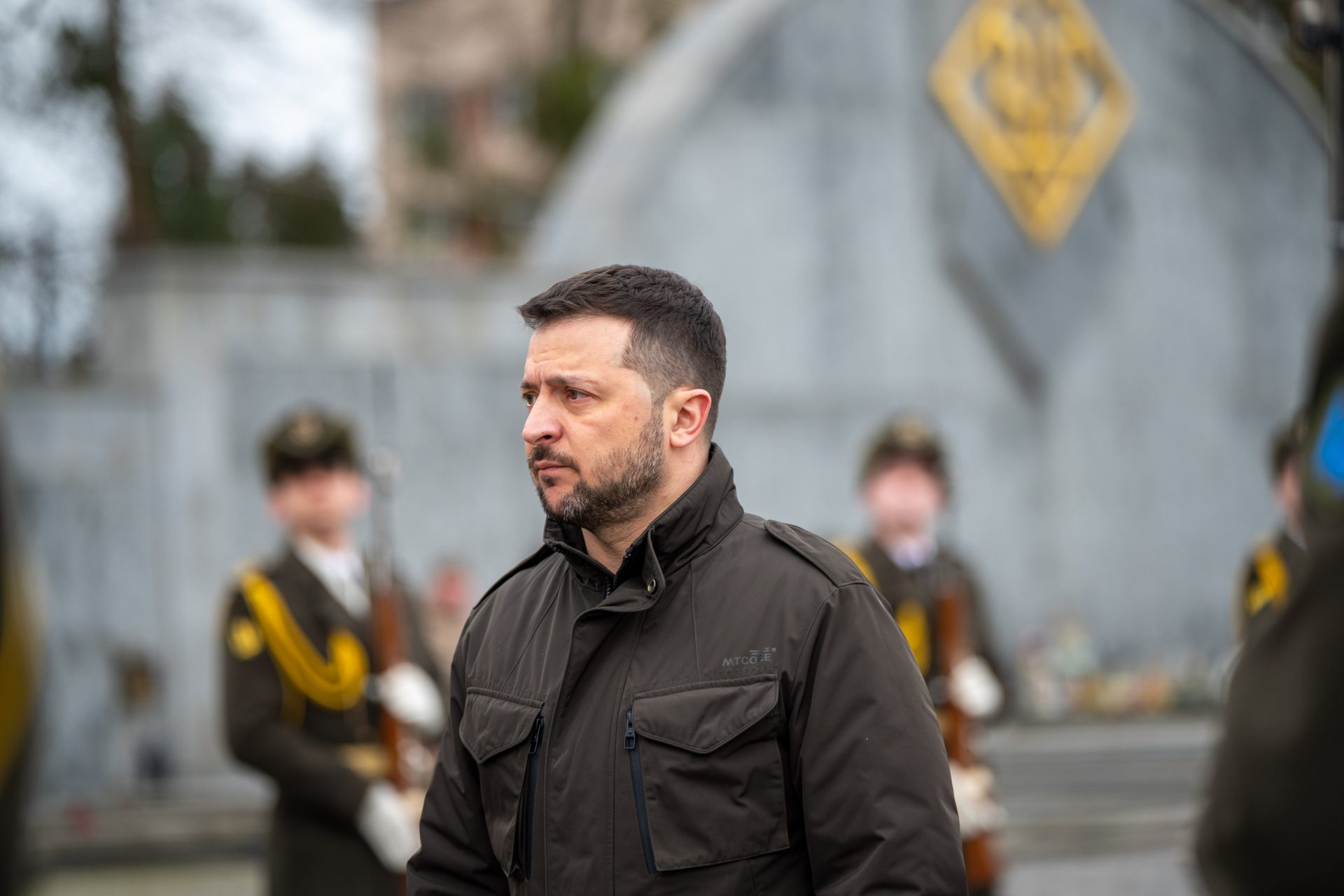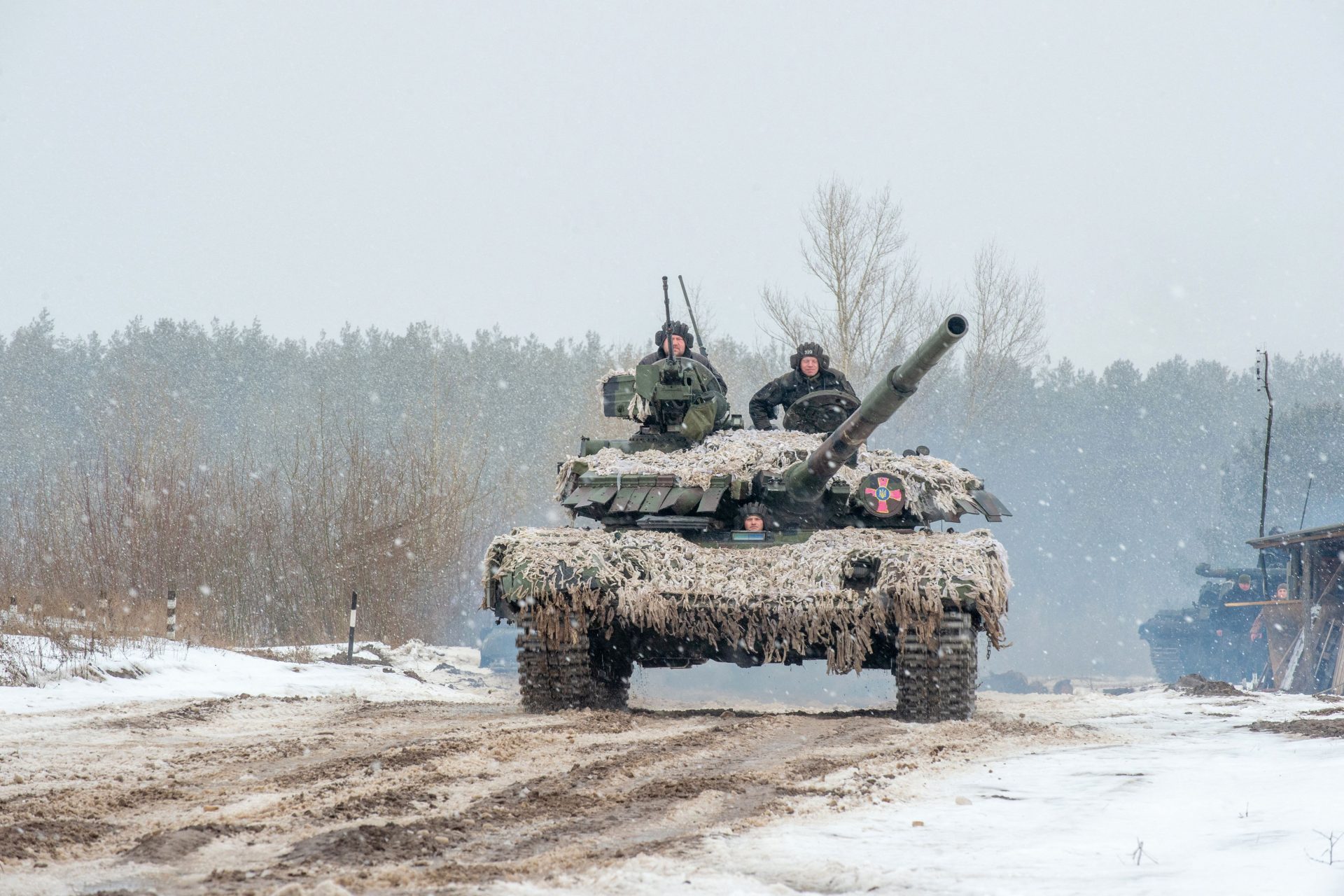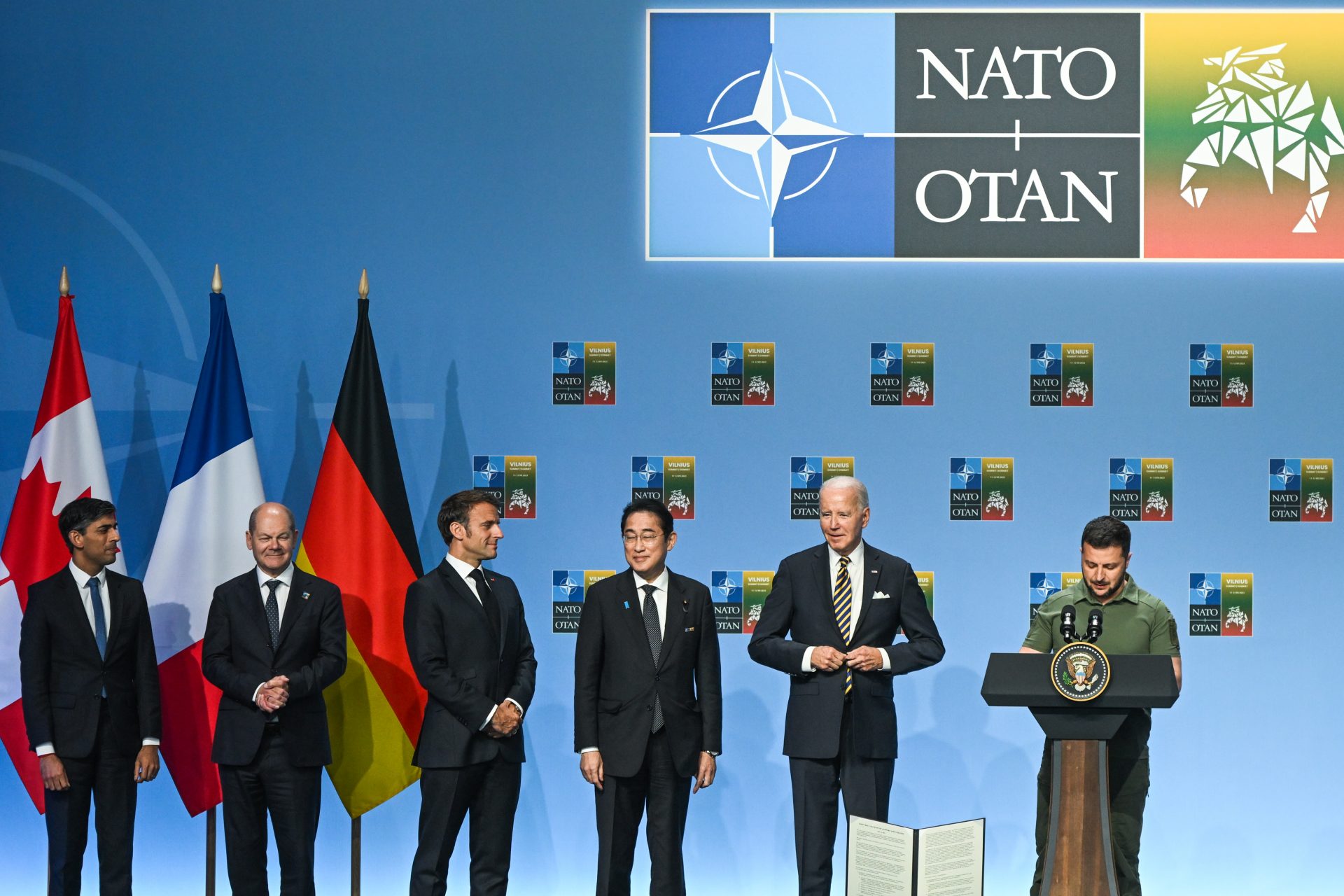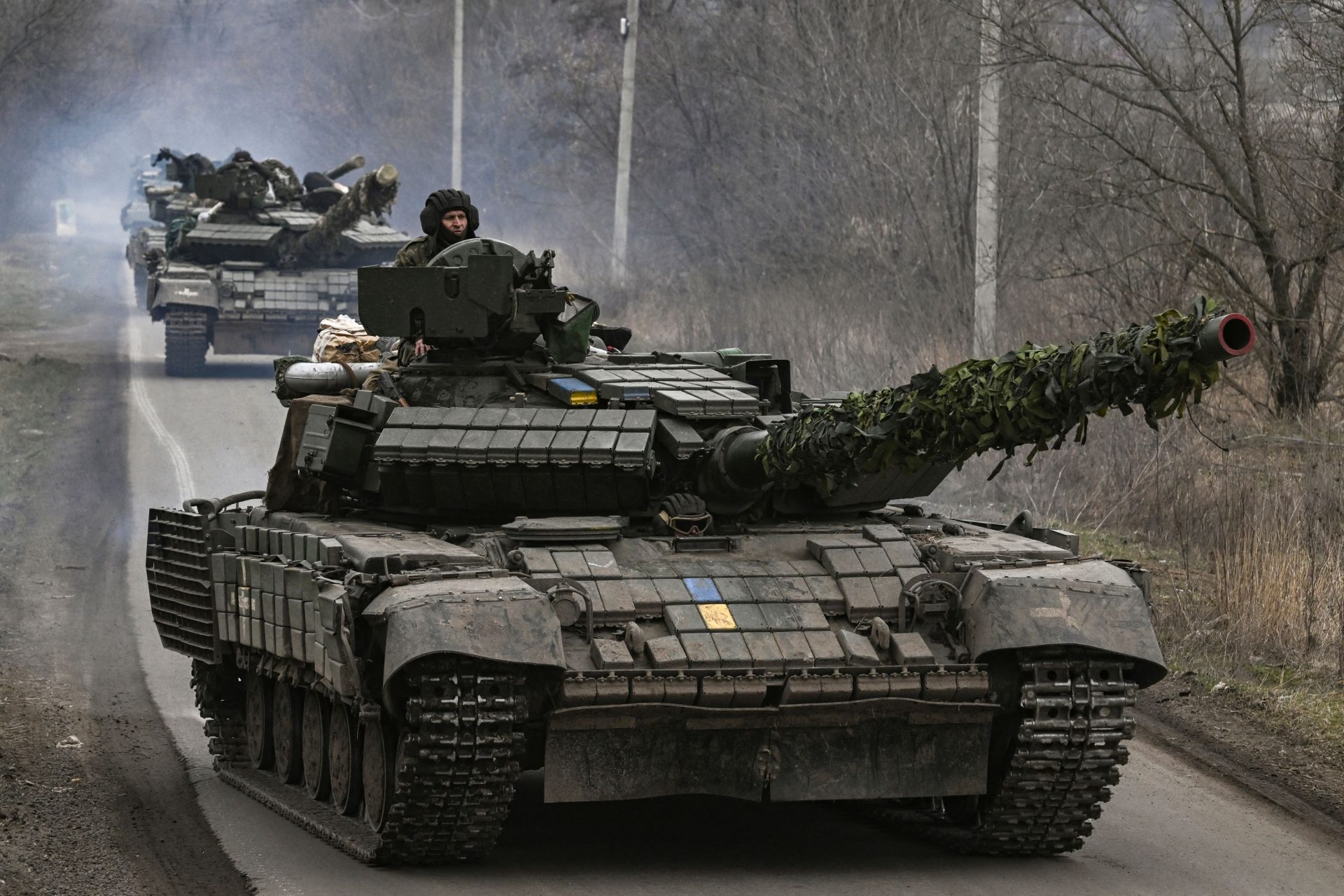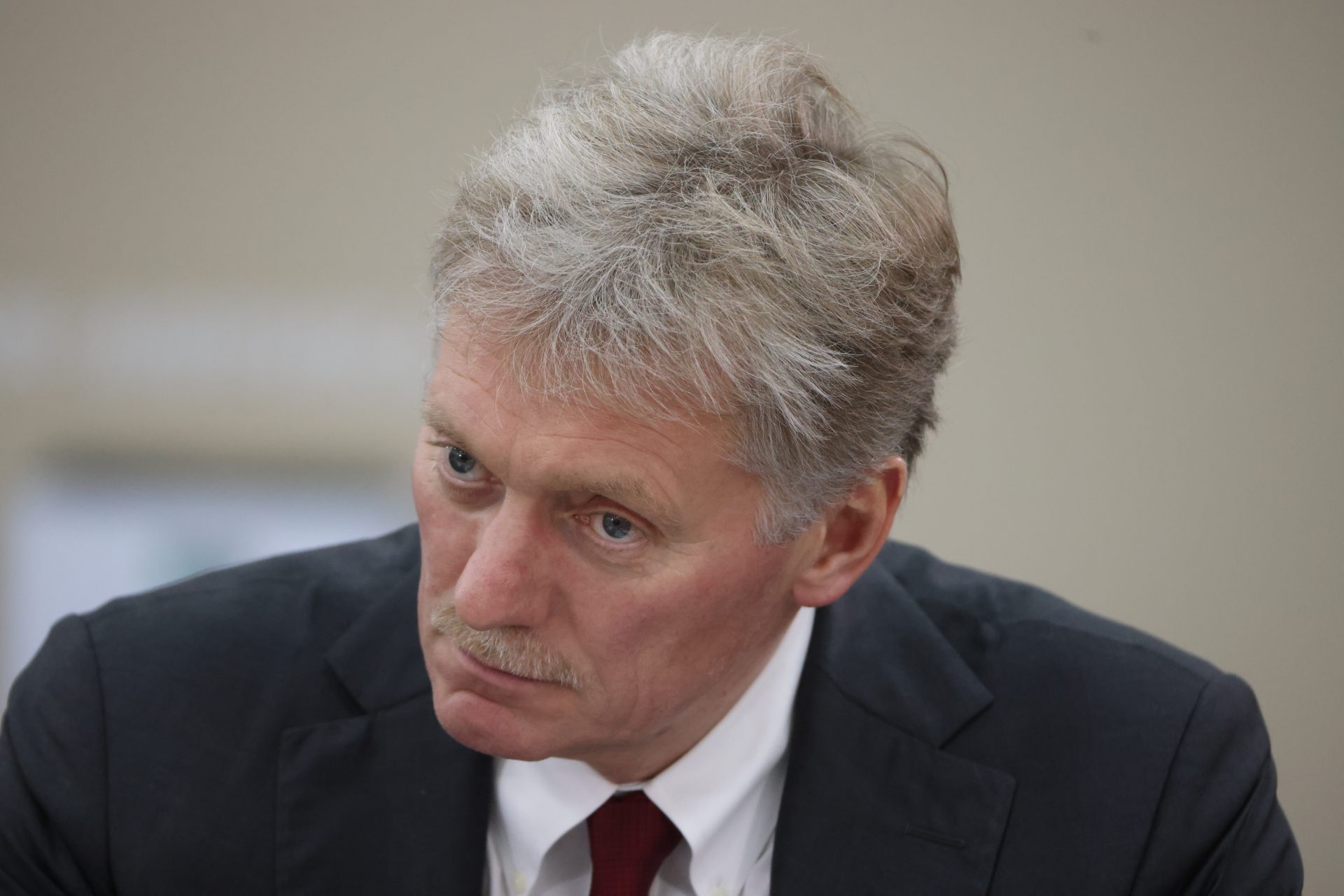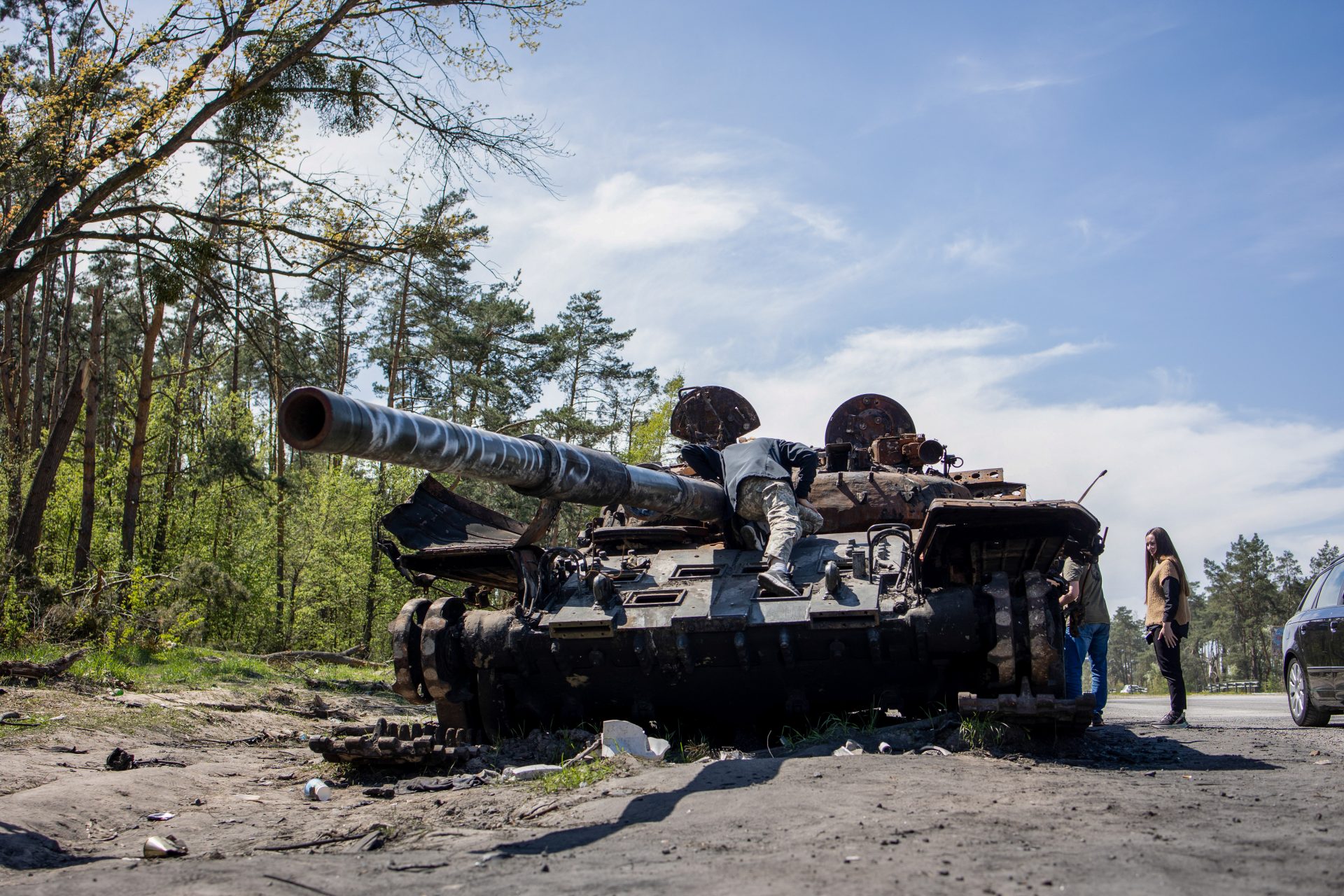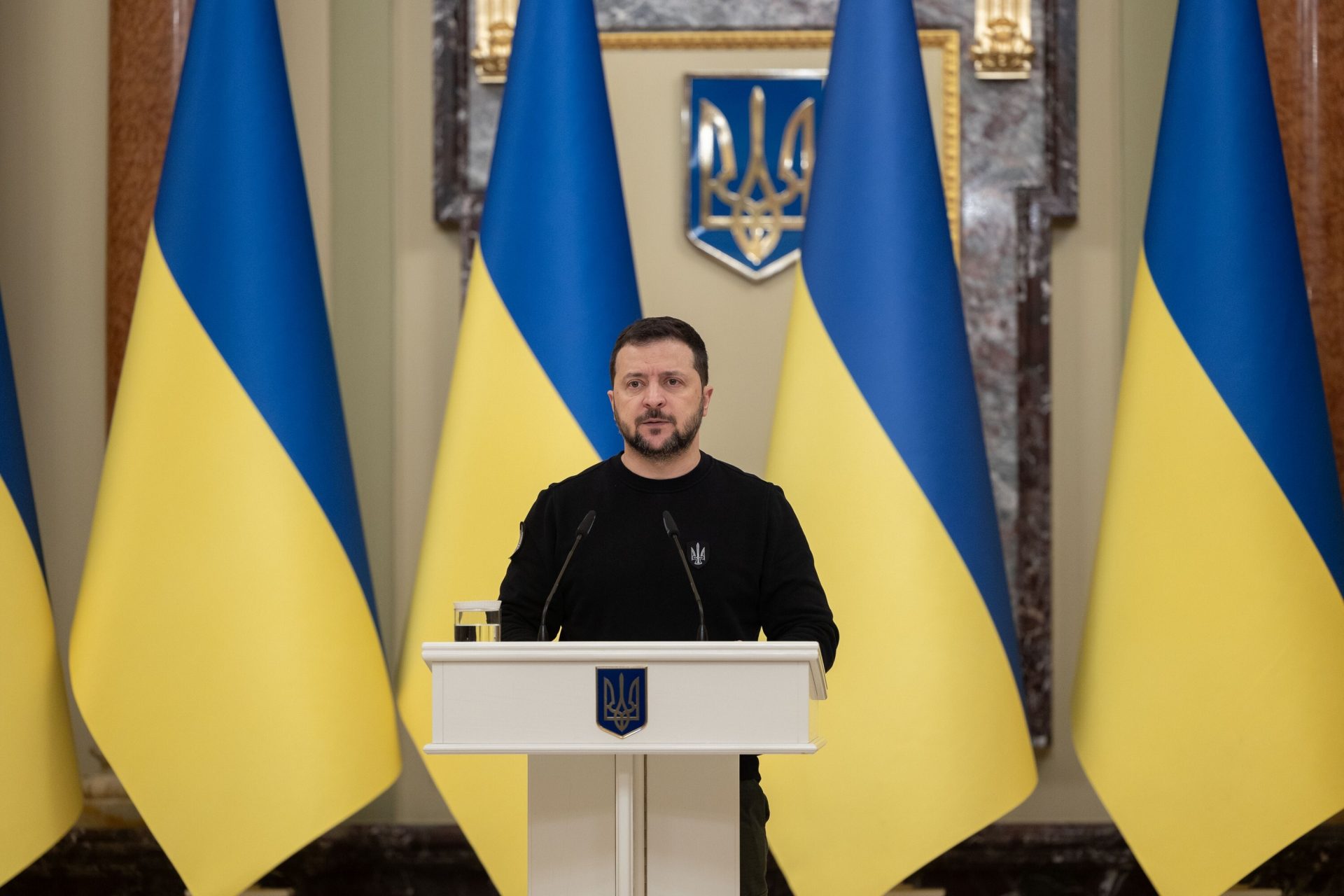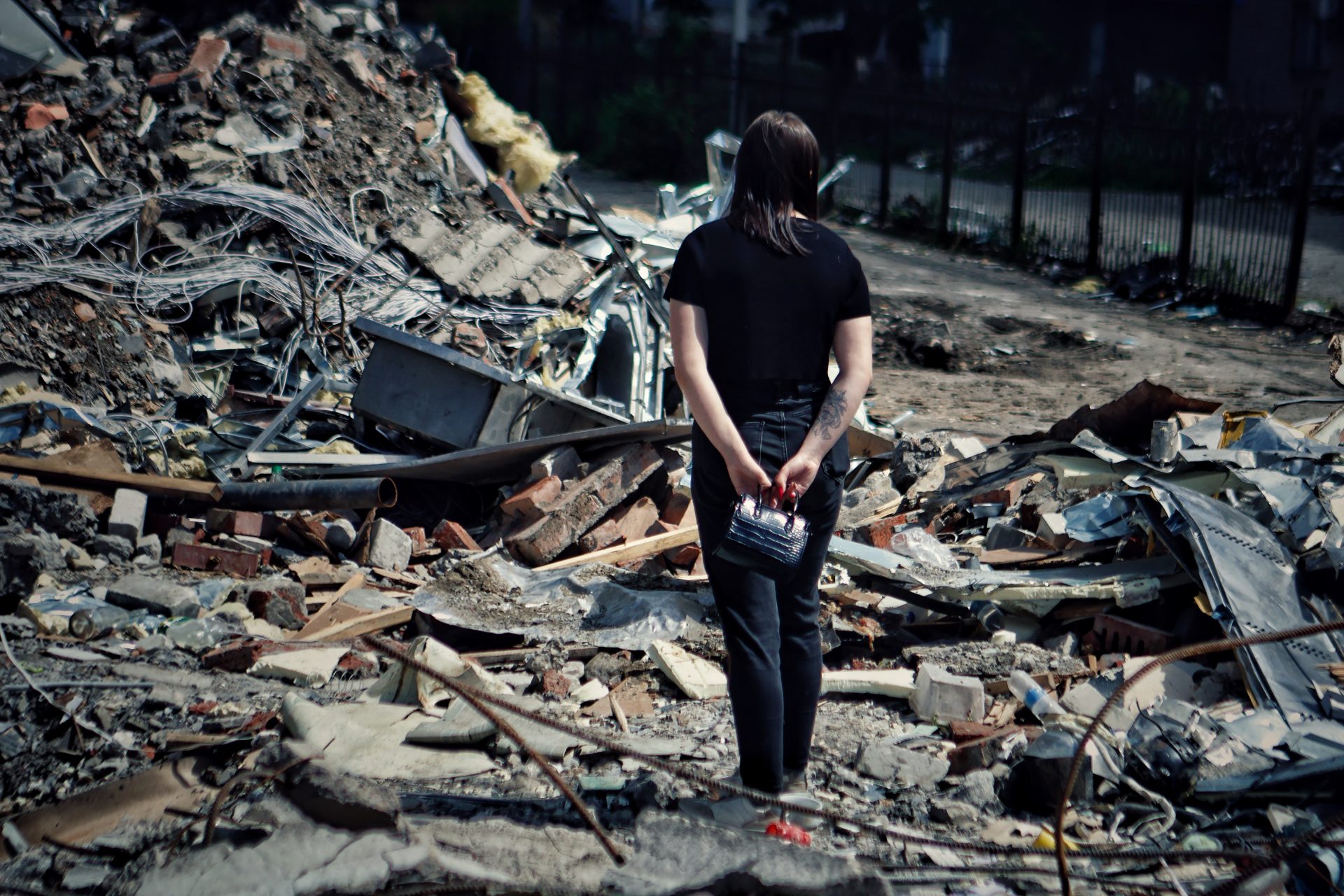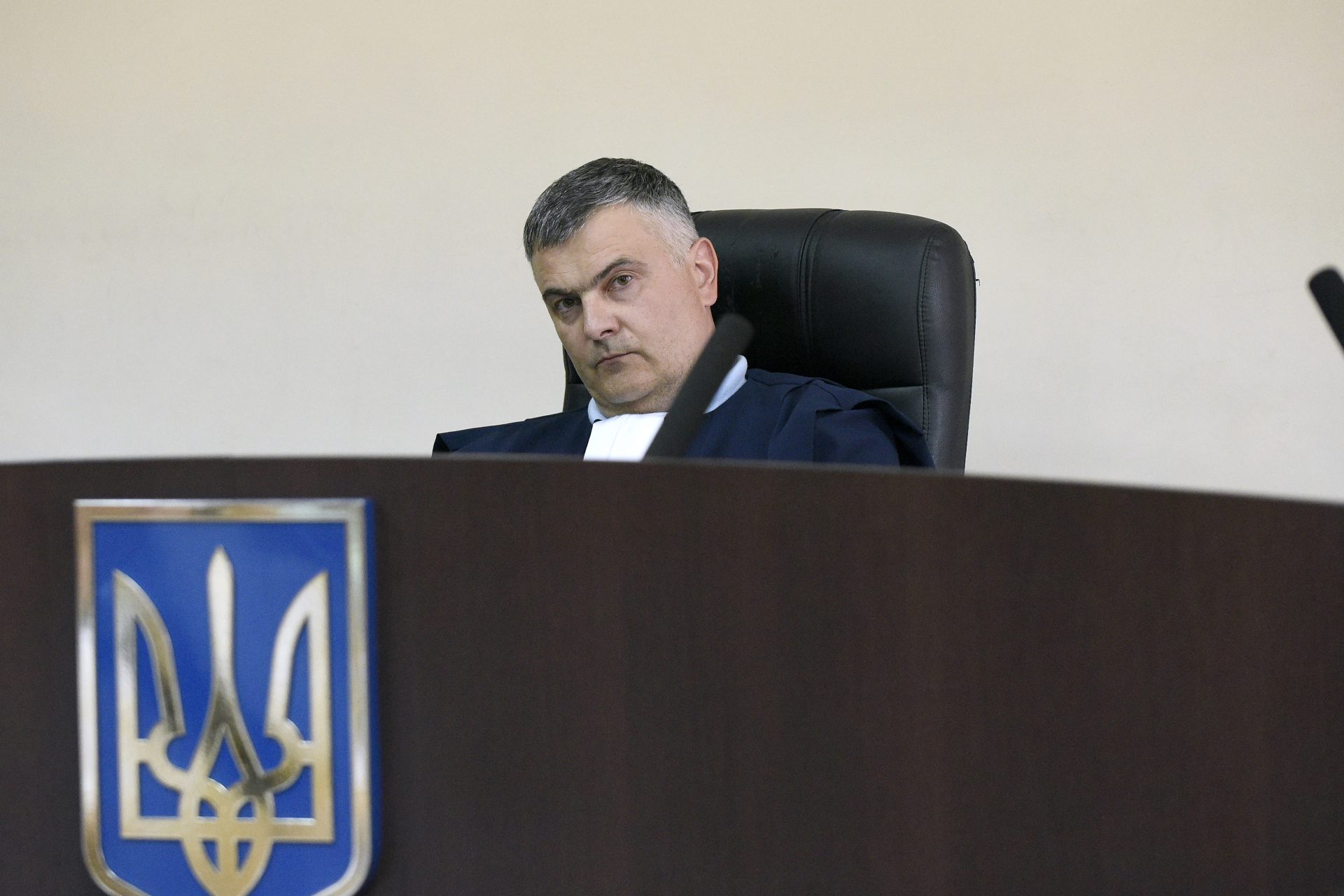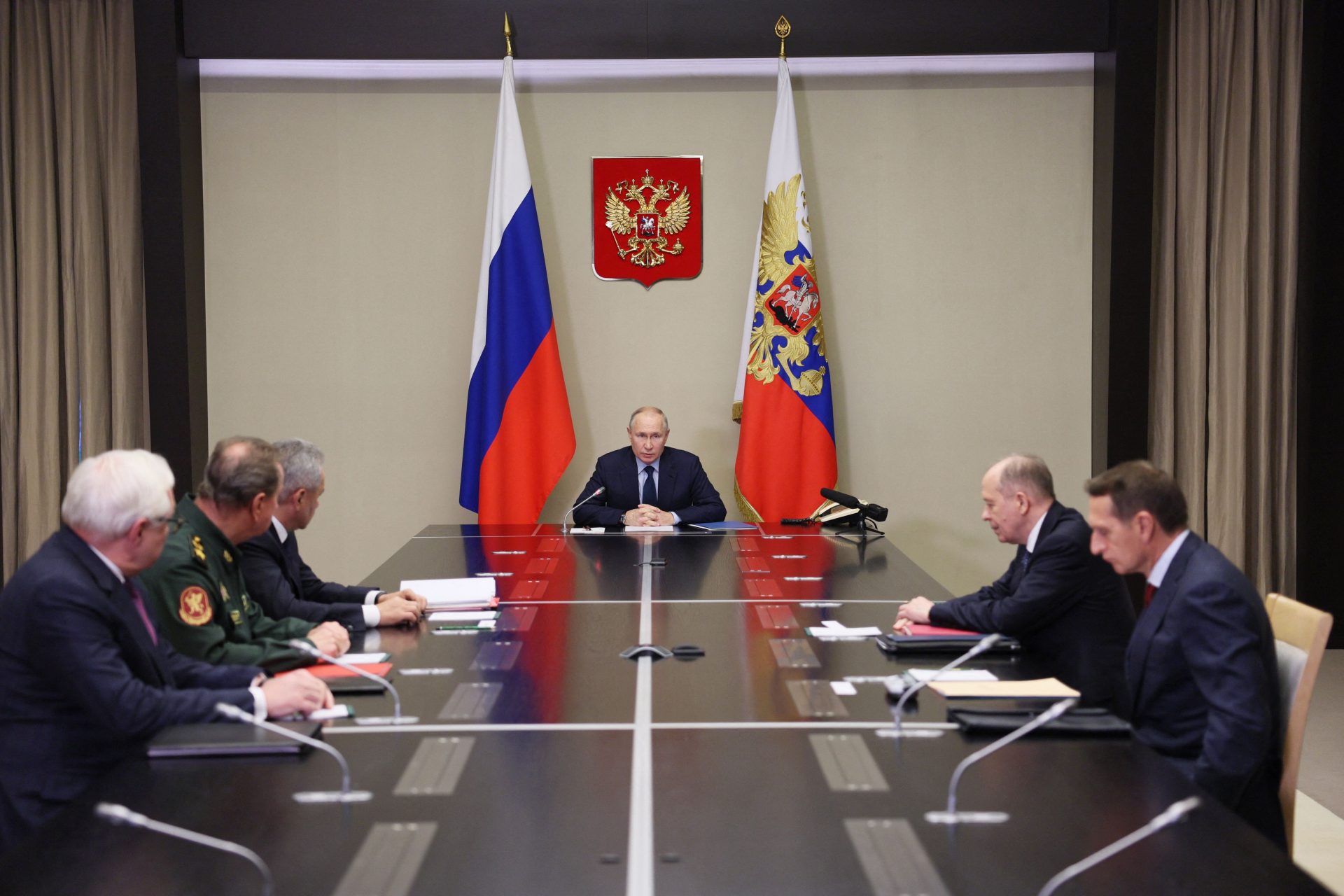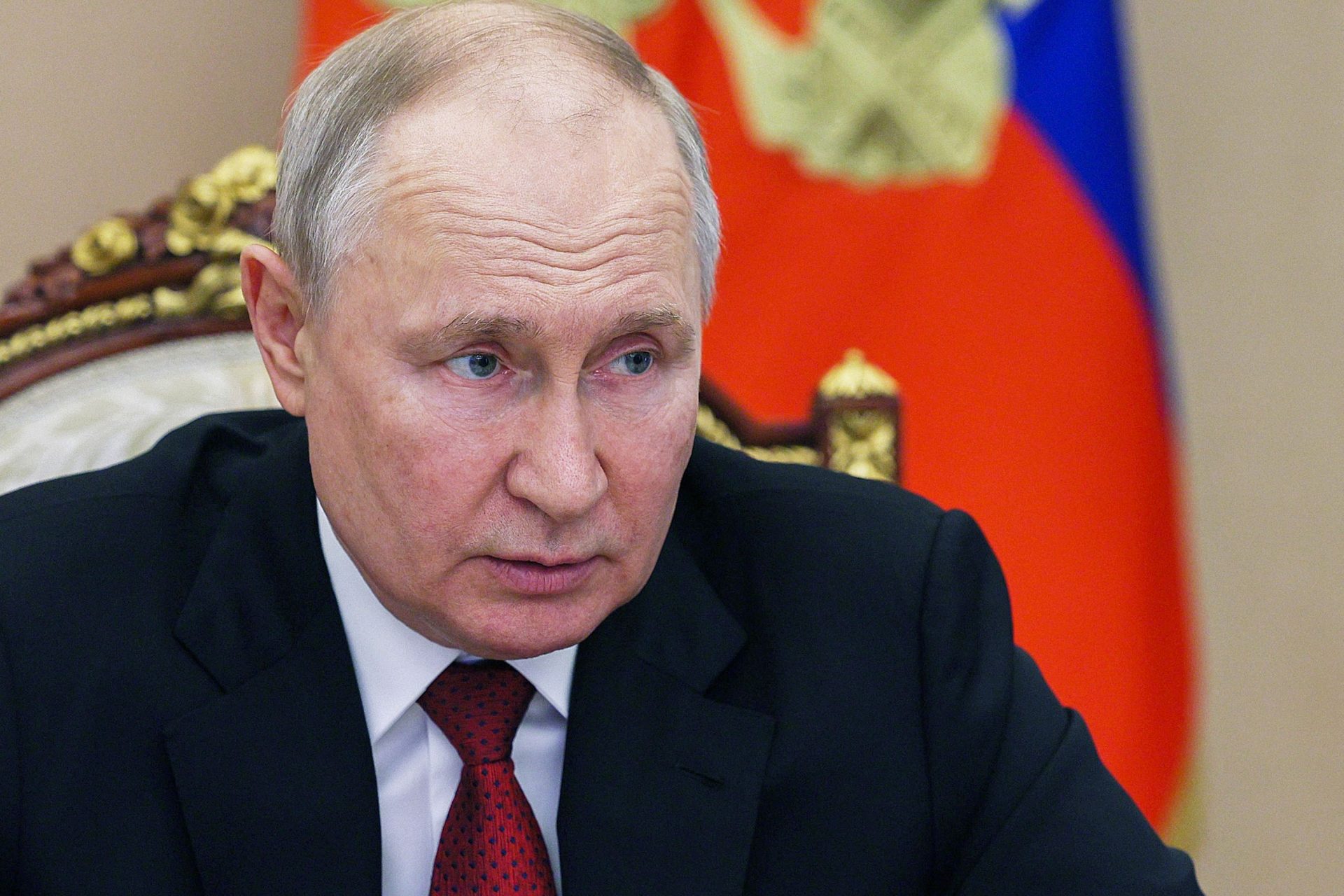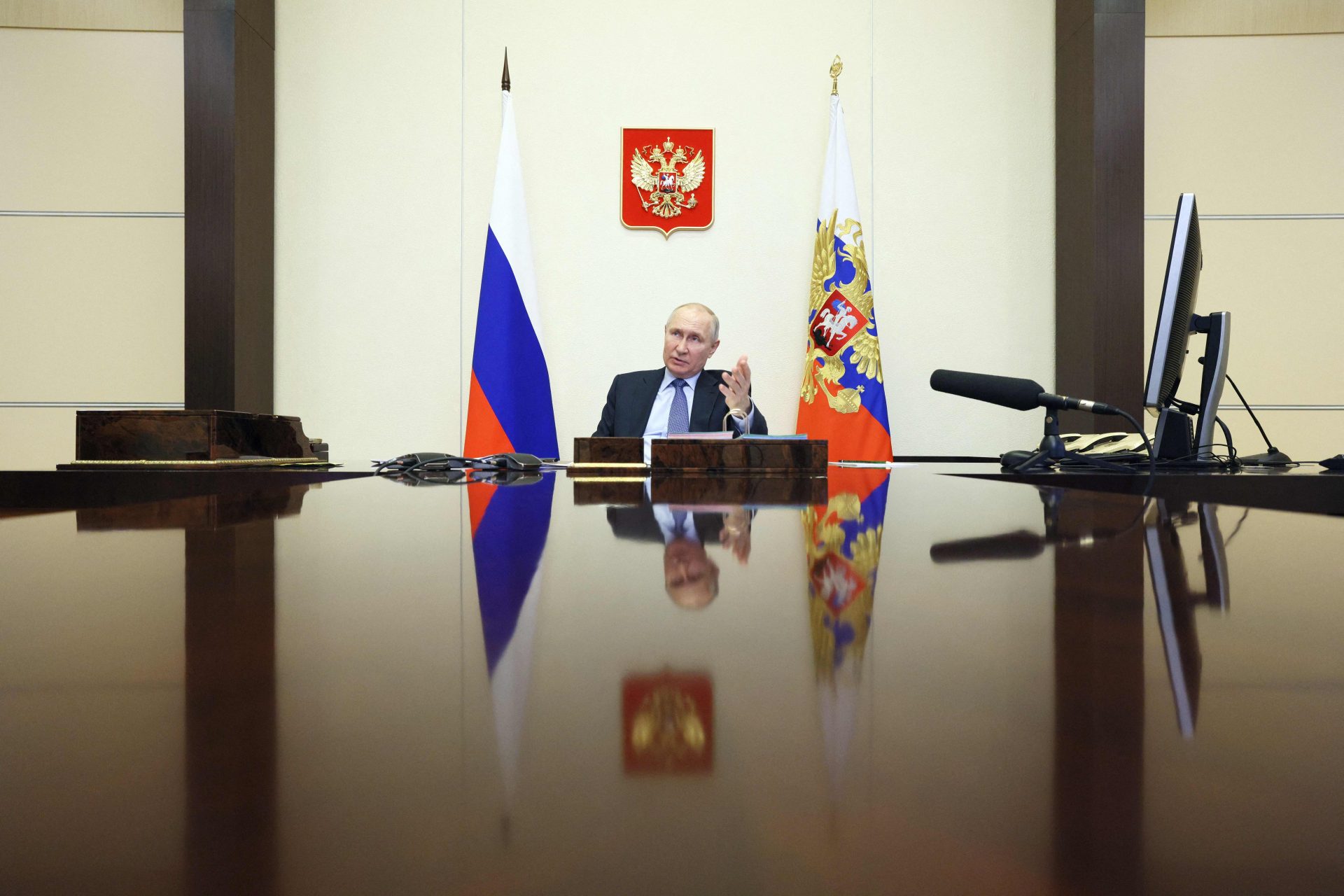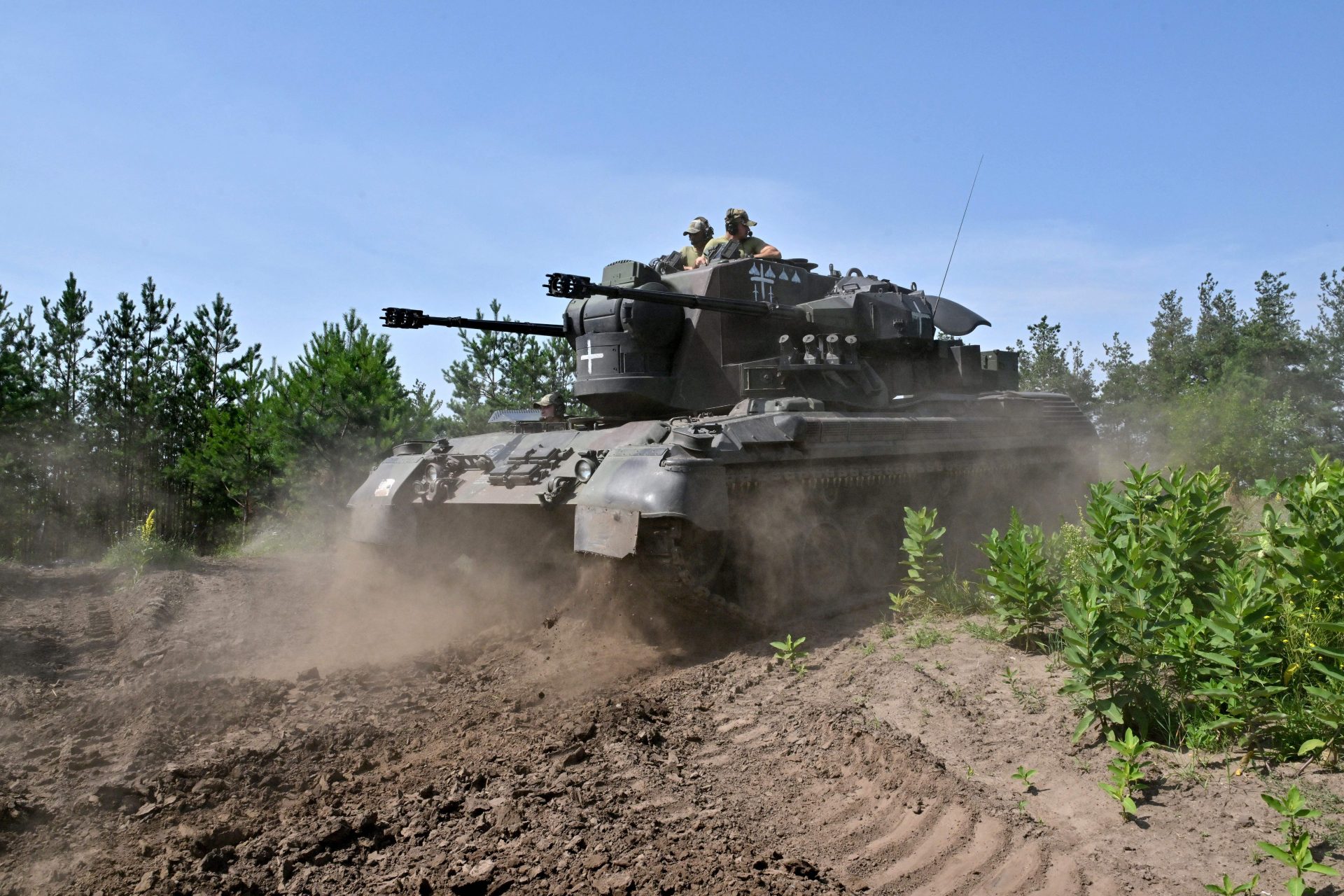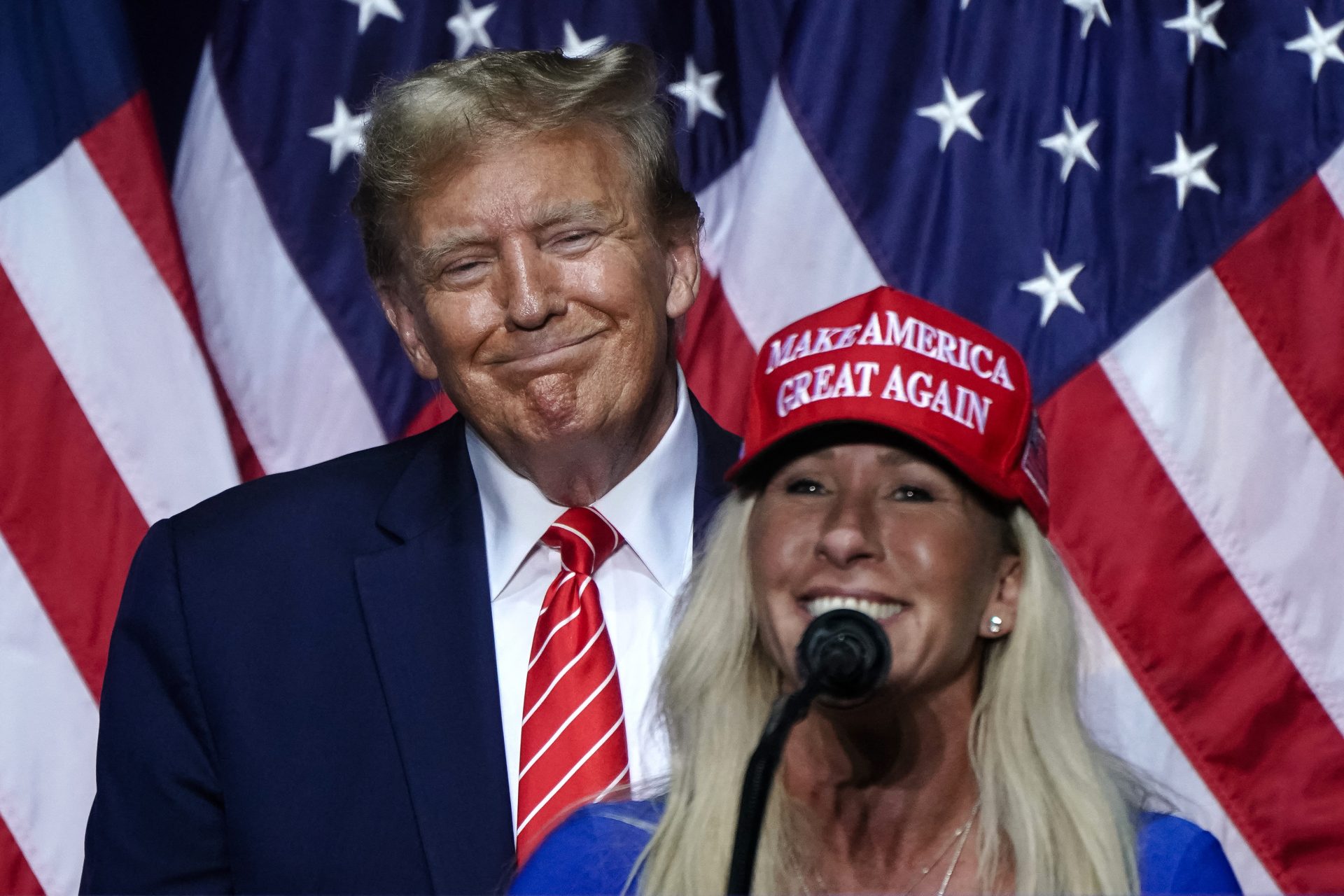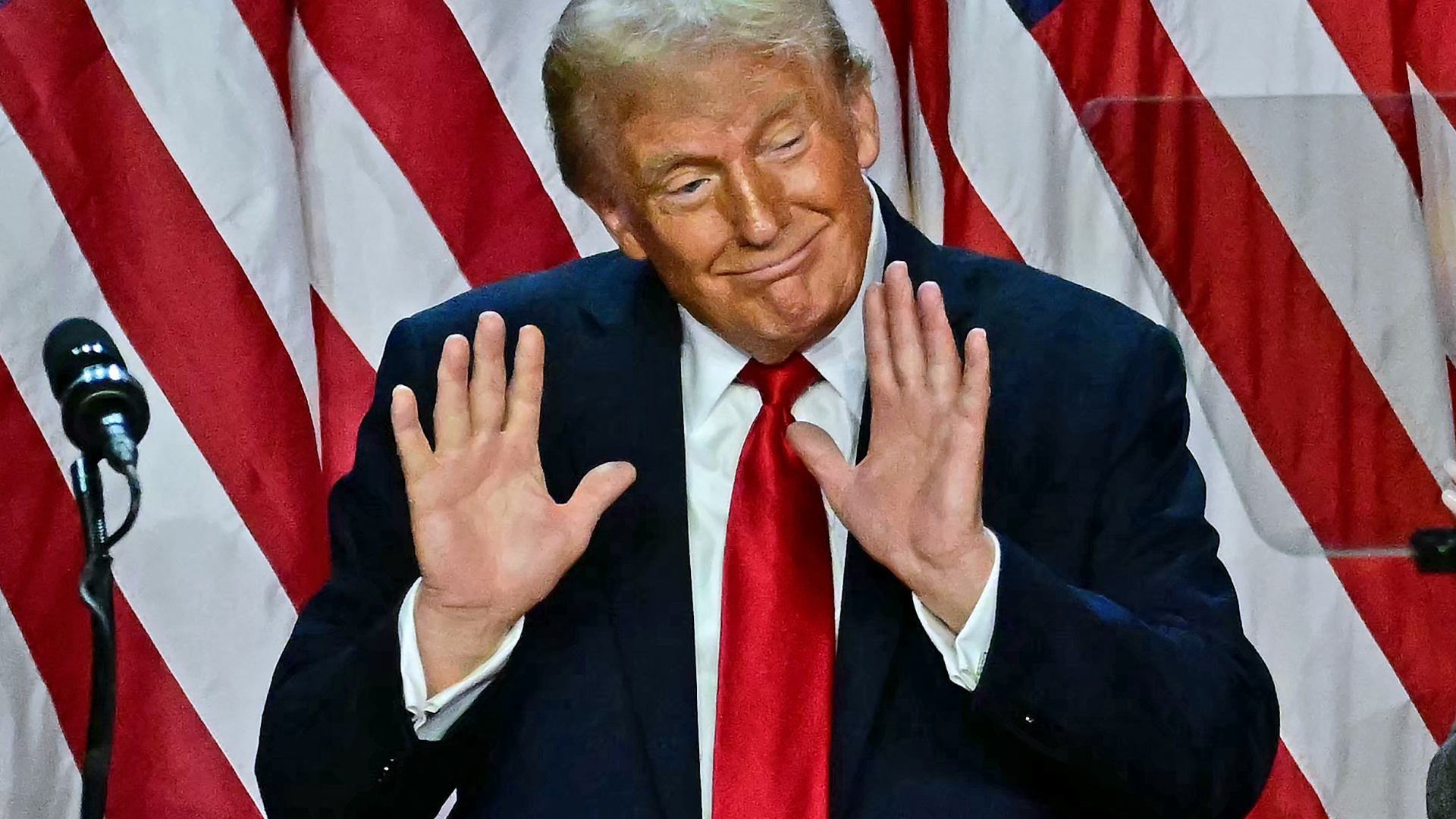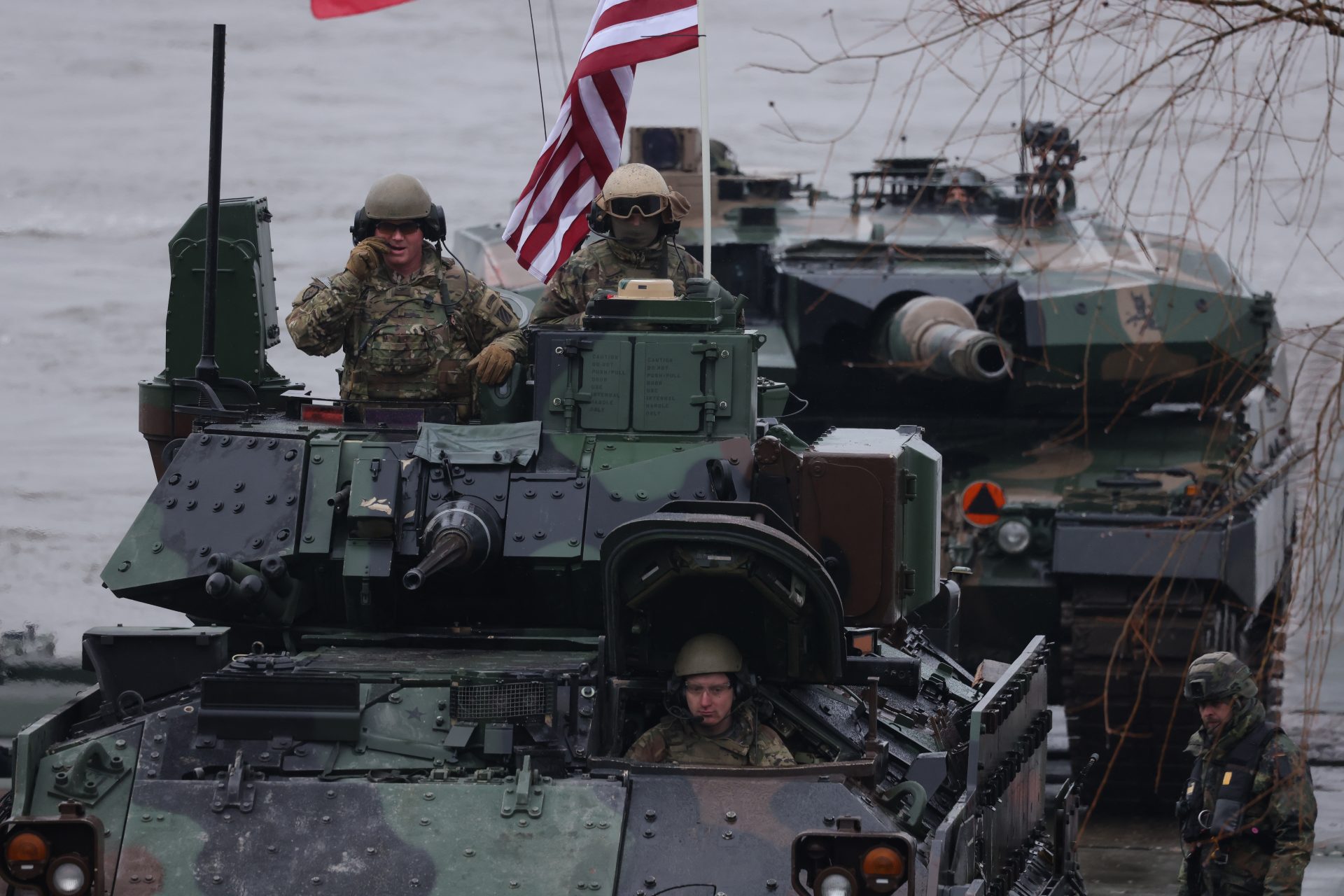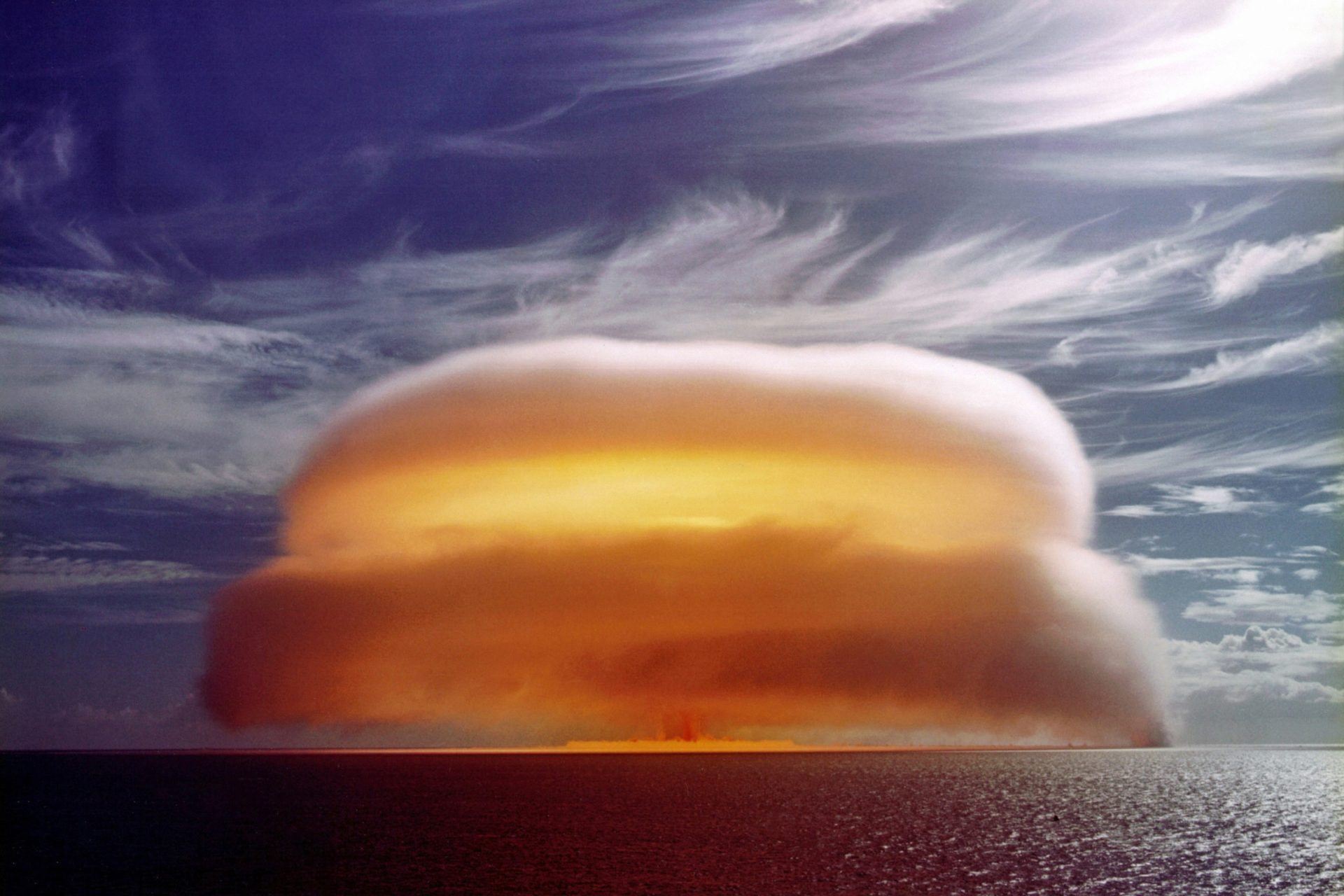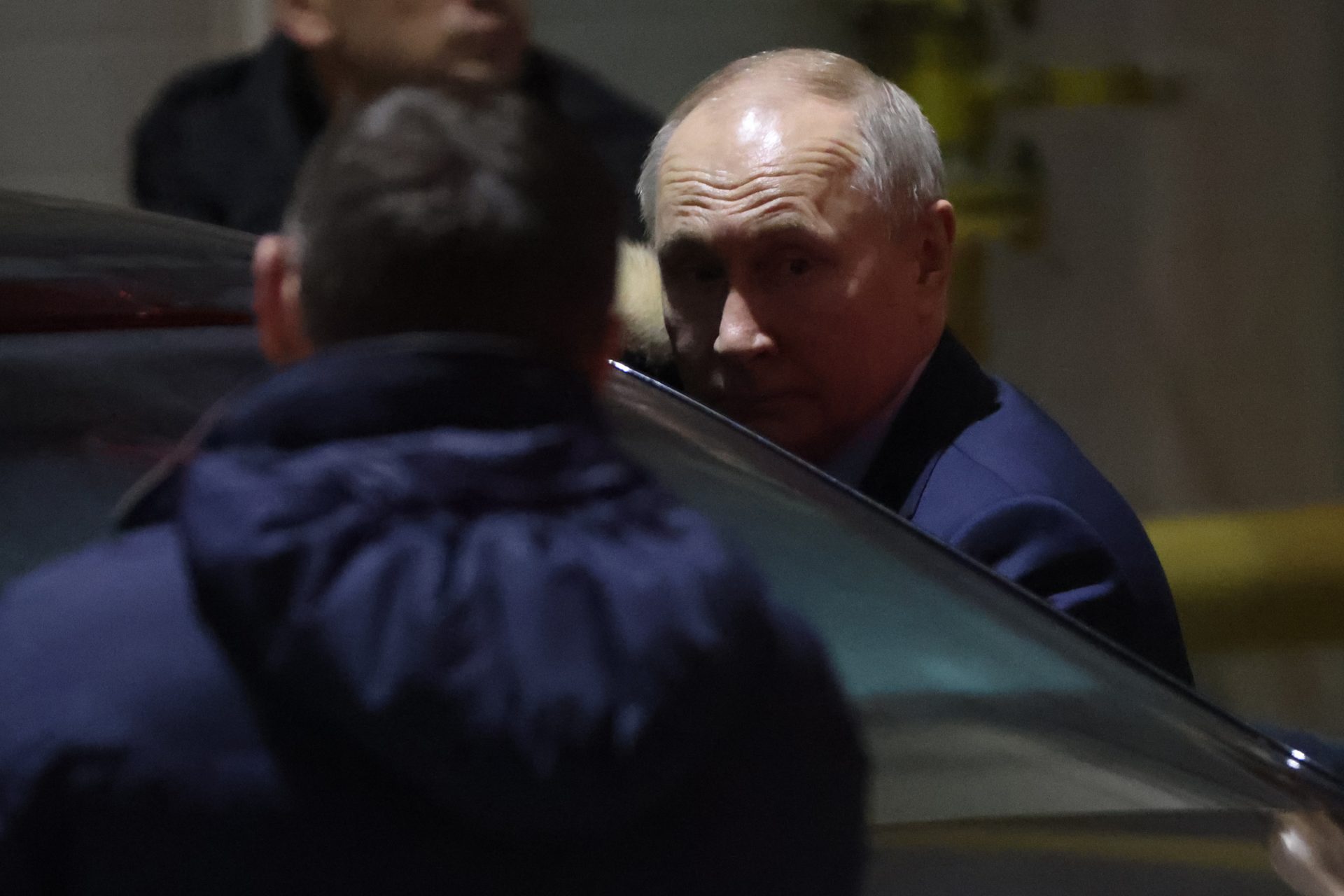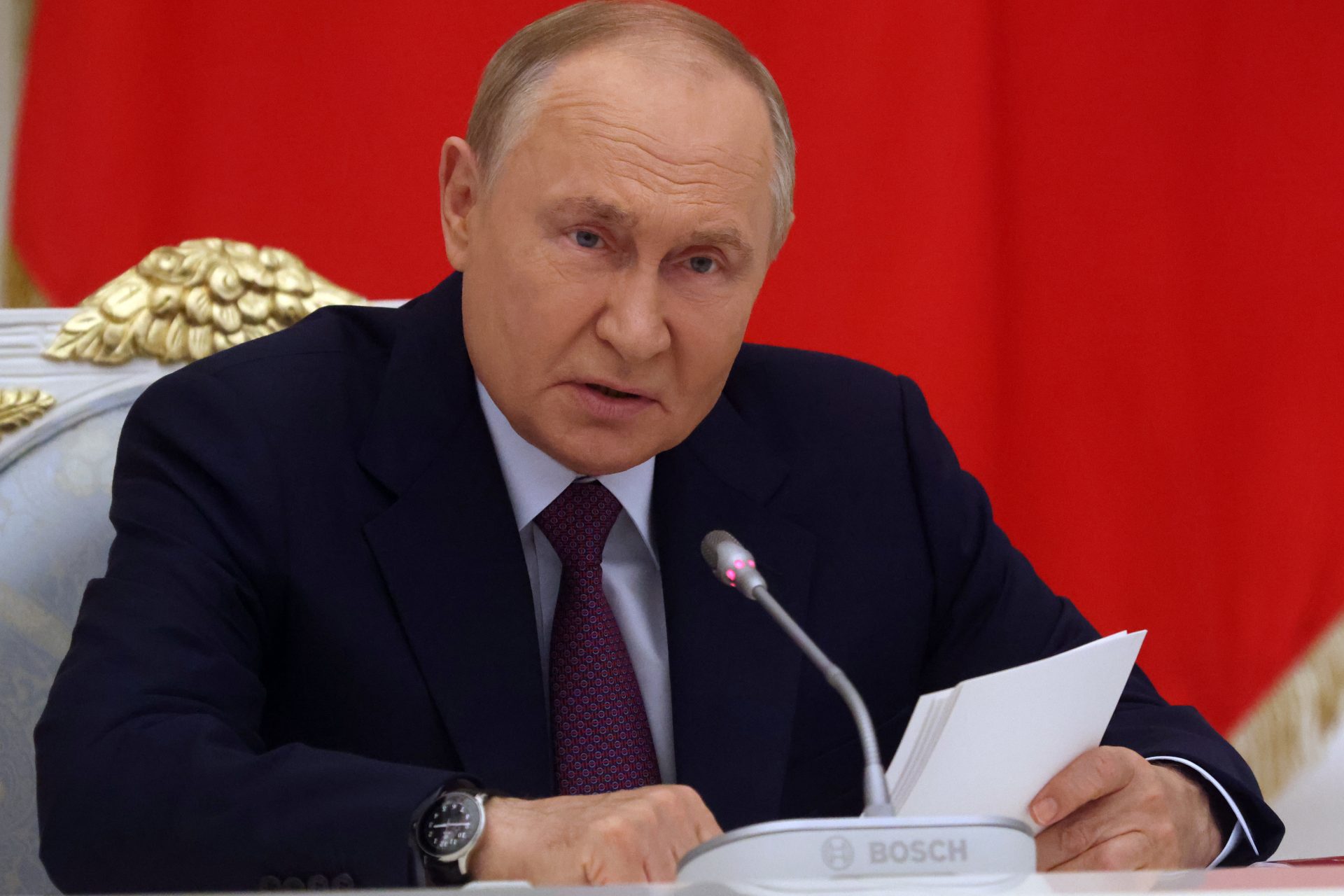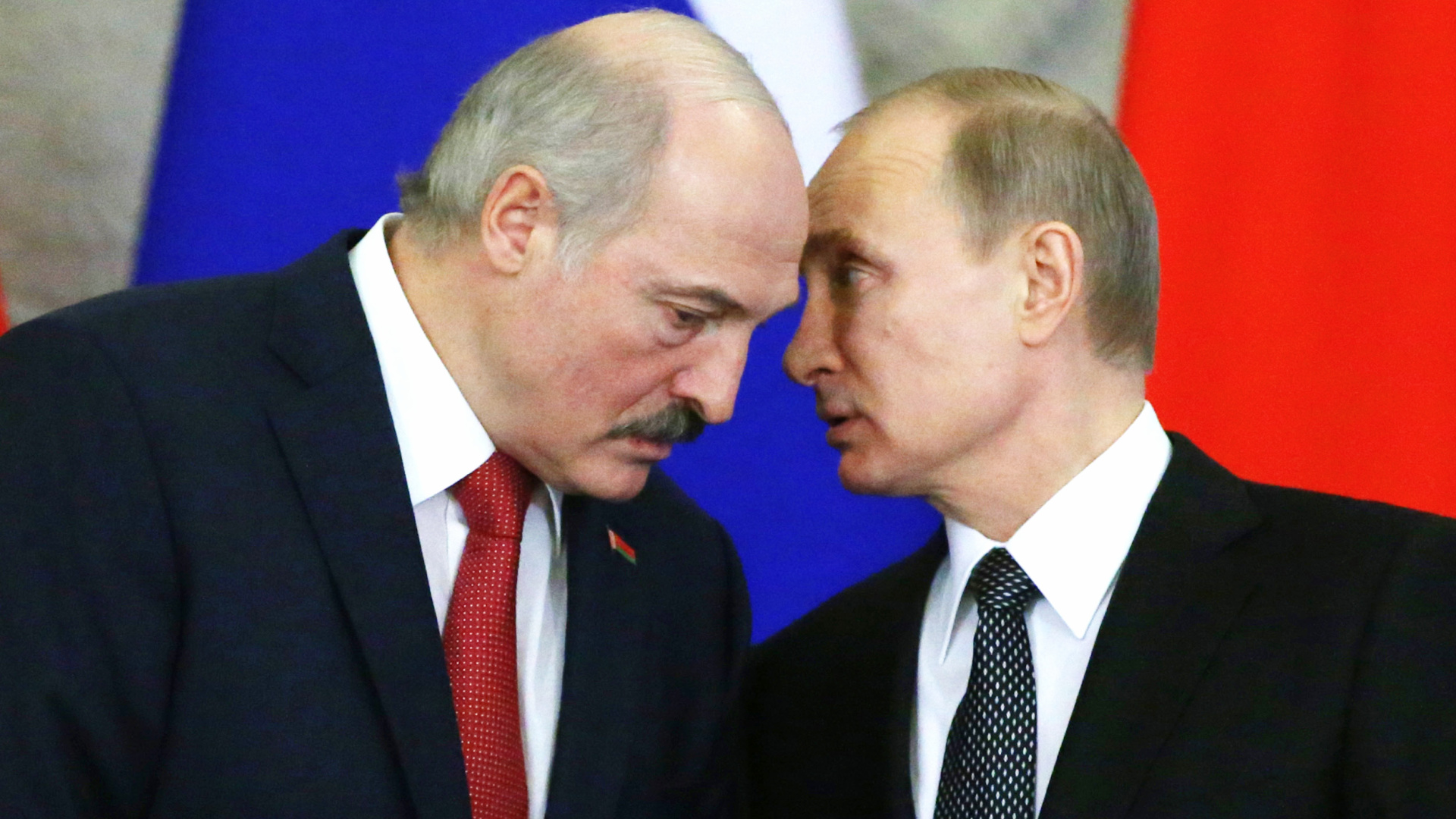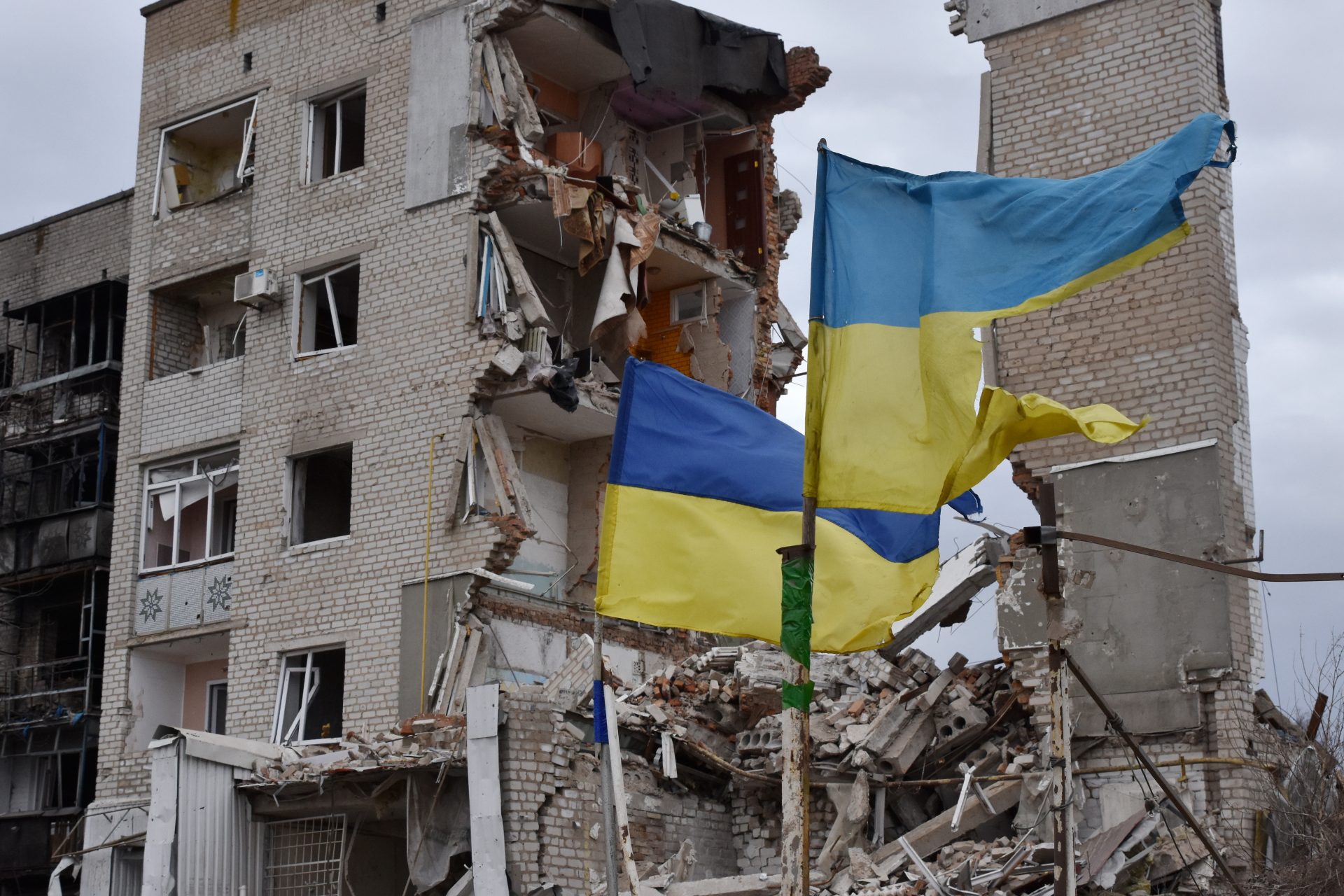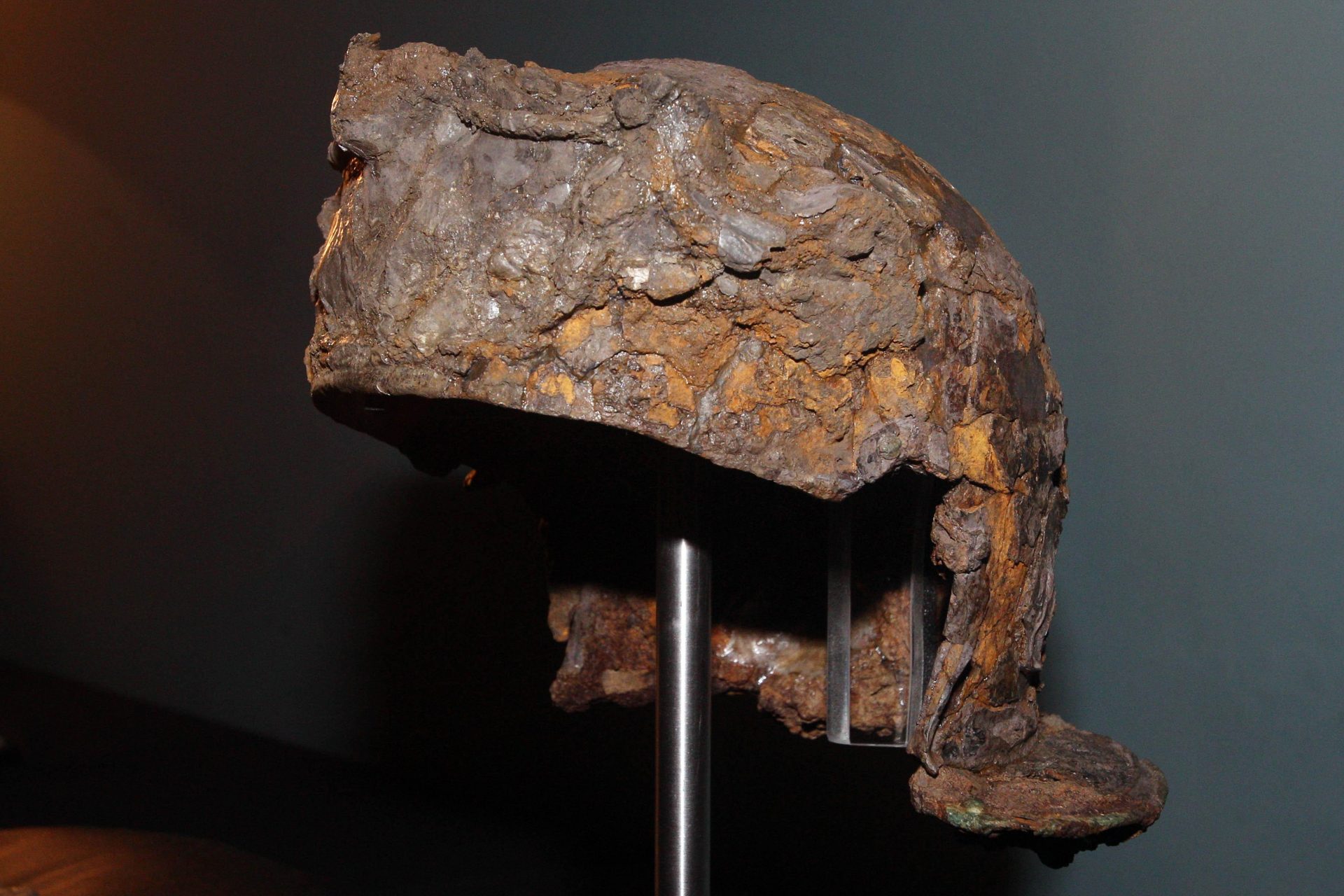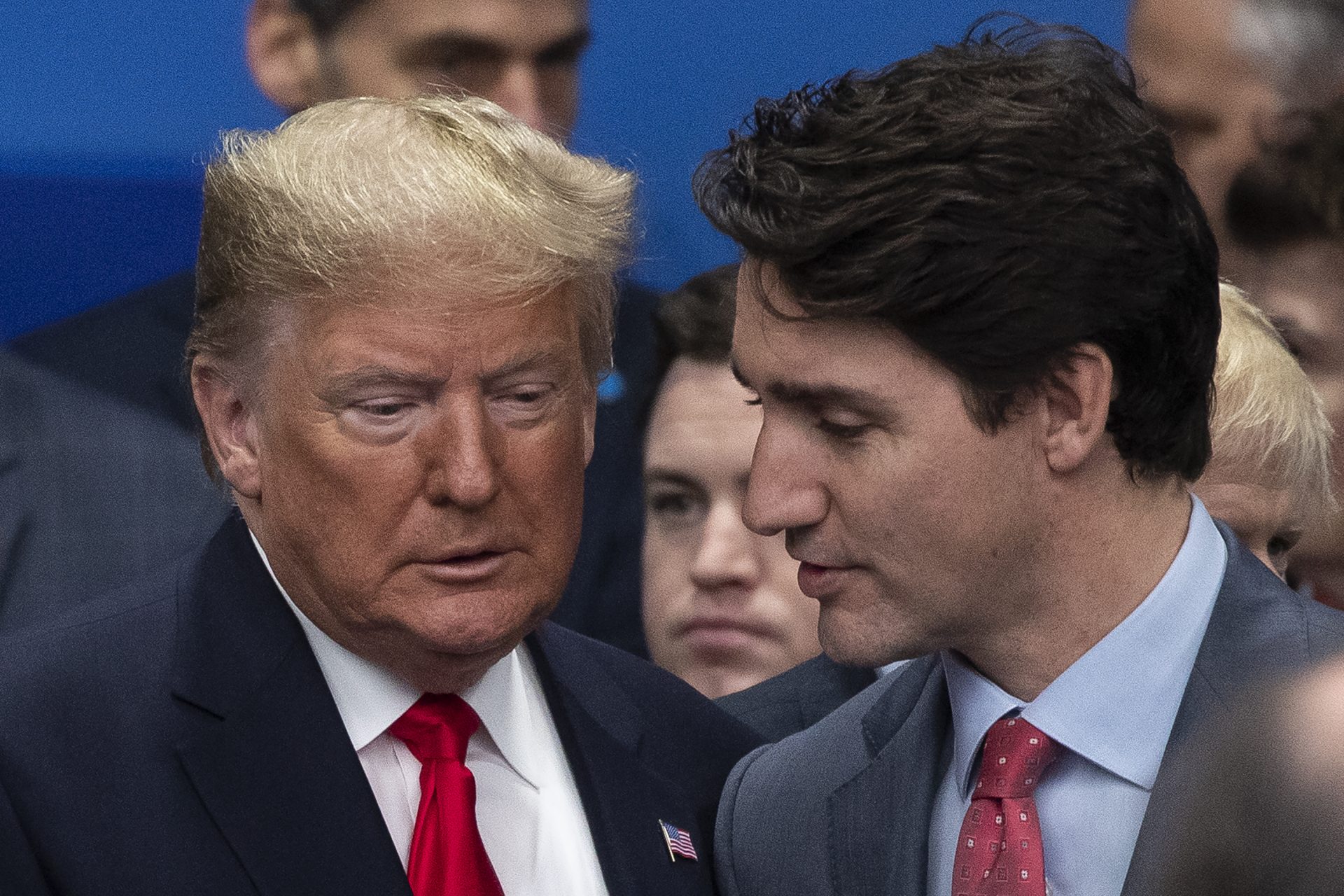Remember when a Russian official said Moscow couldn't coexist with Ukraine?
November 2023 was a difficult time for Ukraine in its fight to defend itself against Russia but Kyiv got a minor political boost in international headlines following the acknowledgment by a Russian official that the two countries couldn't coexist.
According to a report from NBC News, Russian Ambassador-at-Large Rodion Miroshnik told reporters in Moscow that Russia could not work with the current government in Kyiv and saw no options for coexistence.
Photo Credit: Twitter @mfa_russia
“The current regime is absolutely toxic, we do not see any options for co-existence with it at the moment,” Miroshnik explained before going on to list several reasons why the leadership in Russia couldn’t work with Ukraine.
Reuters reported that Miroshnik is a former official of the Luhansk People's Republic—a separatist region in eastern Ukraine that broke away from the country in 2014 and became a self-declared state after Moscow’s invasion before being later annexed into Russia.
Miroshnik has served as an ambassador for the Russian Foreign Ministry since the territory of Luhansk was annexed by Moscow. A post was also created for him that put the former Luhansk official in charge of investigating Ukrainian war crimes against civilians.
Miroshnik's comments seemed to have indicated that Russia was open to working with a Ukrainian government that didn't have President Volodymyr Zelensky and his leadership at the helm. But few other details were provided, though he did comment on a wide variety of other topics.
The Jerusalem Post reported that Miroshnik claimed Ukraine had committed war crimes against civilians with forbidden weapons that had been supplied to Kyiv by members of the North Atlantic Treaty Organization (NATO).
Miroshnik also claimed that NATO would eventually lose interest in helping Ukraine and explained that the country needed to “resist NATO just as much as we need to fulfill the tasks that the president has formulated.”
The Russian Ambassador-at-Large was referencing Vladimir Putin’s original war goal to demilitarize Ukraine, an aim that Russia has yet to achieve since launching its invasion of the country on February 24th, 2022.
Miroshnik's comments may seem like more saber-rattling remarks from an angry official but they revealed the core of an ongoing issue with the war at that time, primarily that neither side seemed ready or willing to make or discuss peace.
In August 2023, Kremlin Press Secretary Dmitry Peskov told reporters at the New York Times that Moscow had no interest in pursuing a peace plan with Ukraine in order to end the conflict.
"There are currently no grounds for an agreement," Peskov explained before going on to add that Russia would “continue the operation for the foreseeable future.” Ukrainian President Volodymyr Zelensky is slightly less stubborn.
Reuters reporting on Miroshnik's comments explained that Zelensky had not ruled out a negotiated peace plan with Russia, but the Ukrainian President also said that his country wouldn't negotiate peace with Vladimir Putin leading Russia.
In December 2022, Ukraine released a ten-point peace plan that included a number of conditions that would need to be met before the country would make peace with Russia, including the restoration of Ukraine's territorial integrity.
The peace plan also included the withdrawal of Russian troops from Ukraine’s borders, the establishment of a special tribunal to prosecute Russian war crimes, and a series of security guarantees from its allies and partners.
Some of Ukraine's peace points would only likely be achievable through a total Russian defeat, which seemed unlikely in November 2023. However, the opportunity for a negotiated peace did seem possible at the time following a statement from Vladimir Putin.
On November 22nd, Putin called the conflict a “tragedy” while speaking virtually with world leaders during a Group of Twenty (G20) meeting and said: "And of course, we should think about how to stop this tragedy.”
Reuters reported that Putin also told G20 leaders that Russia had never refused peace talks with Ukraine and noted the Russian leader's remarks were the “most dovish” he had been on the war for months.
Whether or not Russia and Ukraine can achieve a negotiated peace in 2024 has yet to be seen. However, as the conflict looks to be turning in Russia's following the fall of Avdiivka and the continued lack of support from the United States, it seems unlikely that the Kremlin would push for peace.
More for you
Top Stories



